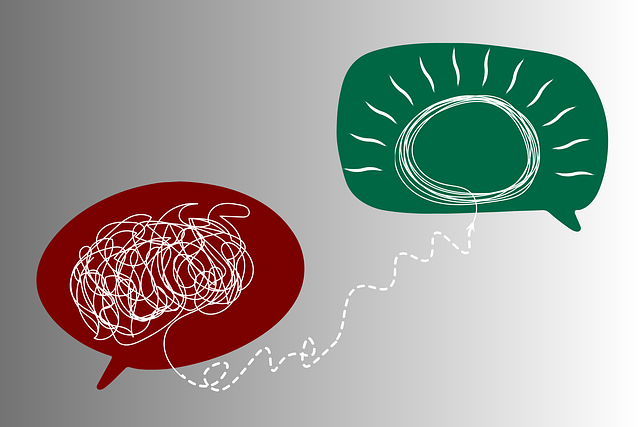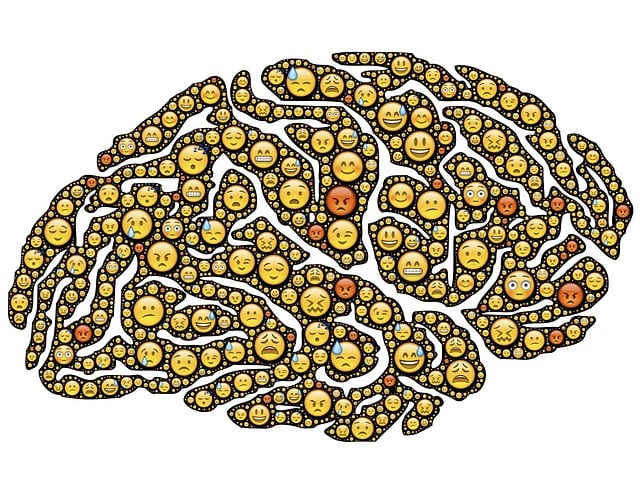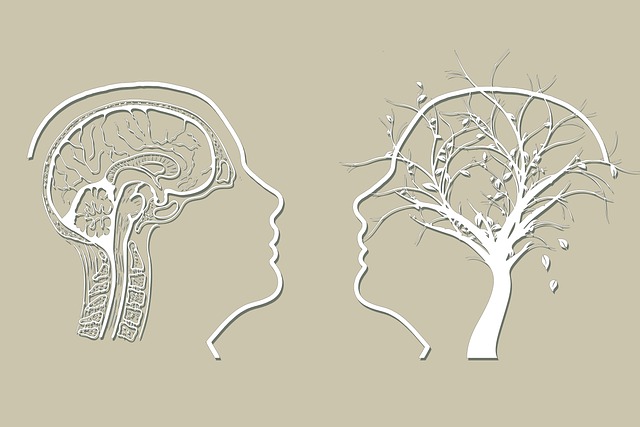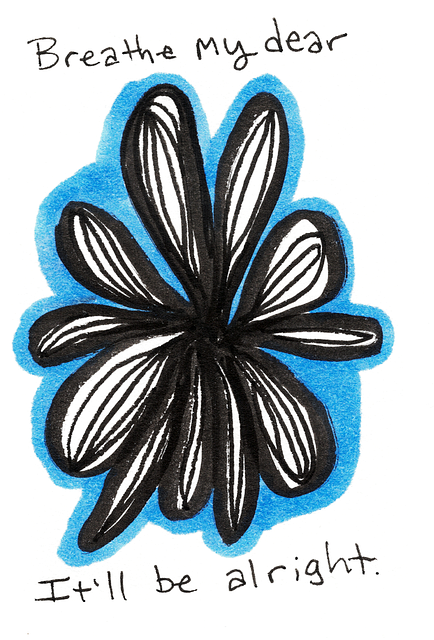Arvada Blended Families Therapy focuses on developing essential coping skills to navigate unique family dynamics and challenges, such as adjusting to new structures and managing conflicts. Through tailored programs, families acquire communication strategies, conflict resolution techniques, emotional regulation skills, and resilience building exercises. This holistic approach enhances family harmony, strengthens bonds, and promotes overall mental well-being for all members, providing effective support for complex family structures in Arvada.
Coping skills are essential for navigating life’s challenges, especially within the unique dynamics of Arvada blended families. This article explores the significance of cultivating robust coping mechanisms in these households. We delve into identifying individual and shared stressors specific to Arvada blended families, offering practical strategies for building effective coping skills. Additionally, we highlight the transformative power of family therapy in enhancing coping skills development, fostering resilience, and strengthening the bonds within these diverse family structures.
- Understanding Coping Skills and Their Significance in Blended Families
- Identifying Individual and Shared Stressors in Arvada Blended Households
- Strategies for Building Effective Coping Mechanisms
- The Role of Family Therapy in Enhancing Coping Skills Development
Understanding Coping Skills and Their Significance in Blended Families

In the context of Arvada blended families therapy, coping skills development is a cornerstone of fostering healthy and resilient relationships. Blended families often face unique challenges, including adjusting to new dynamics, managing step-parents and siblings, and navigating potential conflicts or tension. Understanding and implementing effective coping skills can significantly mitigate these stressors, enhancing family harmony and individual well-being.
Coping mechanisms such as emotional regulation techniques, resilience building exercises, and burnout prevention strategies for healthcare providers are invaluable tools within this framework. By learning to manage emotions effectively, blended family members can reduce conflict and improve communication. Resilience building activities equip them to navigate challenges and adapt positively to change. Moreover, healthcare providers within these families can benefit from specific burnout prevention strategies, ensuring they maintain their own mental health while supporting others. These skills collectively contribute to a more balanced and supportive environment in Arvada blended families therapy.
Identifying Individual and Shared Stressors in Arvada Blended Households

In Arvada blended households, understanding and identifying both individual and shared stressors is a crucial step in coping skills development. These families often face unique challenges due to their diverse compositions, including step-parents, biological parents, and children from different backgrounds. Individual stressors may emerge from personal experiences or adjustments to the new family dynamic, while shared stressors could stem from conflicts in parenting styles, financial pressures, or integrating diverse cultural norms. Recognizing these stressors is key to initiating conversations about mental health awareness within the family.
Arvada blended families therapy programs that focus on resilience building and mental health education can play a pivotal role in helping members navigate and cope with these stressors. Through such programs, families learn effective communication strategies, conflict resolution techniques, and emotional regulation skills tailored to their unique circumstances. This holistic approach not only strengthens family bonds but also fosters an environment where everyone feels heard, understood, and supported, ultimately enhancing overall mental well-being.
Strategies for Building Effective Coping Mechanisms

Building effective coping mechanisms is a vital part of maintaining and enhancing mental wellness, especially for those navigating complex life situations, such as blended families. Arvada Blended Families Therapy offers valuable insights and strategies to help individuals and families cope with stress, anxiety, and challenges. One key approach is through Mental Wellness Coaching Programs Development, where professionals guide clients in identifying personalized coping strategies tailored to their unique needs. This process involves exploring various techniques like mindfulness meditation, deep breathing exercises, and cognitive reframing to help individuals manage emotions effectively.
Additionally, Inner Strength Development plays a pivotal role in fostering resilience. By encouraging self-reflection and introspection, individuals can uncover their inherent strengths and use them as coping tools. Social Skills Training is another essential component, teaching effective communication, conflict resolution, and building supportive relationships—all crucial for navigating family dynamics and promoting overall well-being. These strategies collectively empower individuals to handle difficult situations with grace and adaptability.
The Role of Family Therapy in Enhancing Coping Skills Development

Family therapy plays a pivotal role in enhancing coping skills development, especially within the context of Arvada blended families. This therapeutic approach recognizes that family dynamics significantly influence an individual’s ability to cope with stress, anxiety, and life challenges. By involving all family members, therapists create a safe space for open communication, fostering understanding and support. This collaborative environment encourages each member to develop emotional intelligence, a key component in coping effectively.
Through targeted exercises like journaling prompts focused on mental wellness, family therapy promotes positive thinking and self-awareness. It equips blended families with valuable tools to navigate complex emotions, improve problem-solving skills, and build resilience collectively. The process strengthens interpersonal connections, ensuring everyone involved has the guidance needed to contribute positively to their shared mental health journey.
Coping skills development is a vital aspect of fostering resilience and well-being within Arvada blended families. By understanding individual and shared stressors, implementing effective coping strategies, and leveraging family therapy, parents and children in these households can enhance their ability to navigate challenges. Integrating these practices promotes a healthier, more harmonious environment, ensuring that every member of the family feels supported and equipped to cope with life’s ups and downs. For those seeking guidance, Arvada blended families therapy offers a promising path toward strengthening coping skills and improving overall family dynamics.














